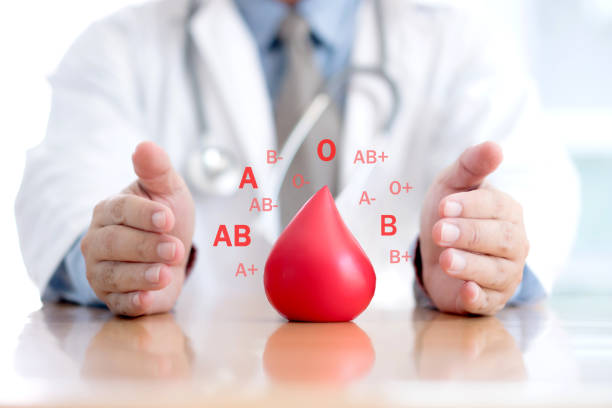Positive blood types play a crucial role in the field of medicine and healthcare, contributing to the well-being of countless individuals around the world. Represented by the presence of the Rh factor, positive blood types, such as A+, B+, AB+, and O+, carry a host of fascinating characteristics that make them unique. From their compatibility with blood transfusions to potential health advantages, positive blood types have garnered attention and significance within the medical community.
One of the key attributes of positive blood types is their compatibility with other blood types during blood transfusions. Individuals with positive blood types can receive blood from both positive and negative donors, making them universal recipients in this context. This versatility is particularly valuable in emergencies where immediate access to compatible blood can be a matter of life and death. Hospitals and blood banks prioritize positive blood types due to their broad compatibility, ensuring a more efficient and responsive healthcare system.
Positive blood types also play a crucial role in pregnancy. Rh incompatibility between a pregnant woman and her fetus can lead to complications, such as hemolytic disease of the newborn (HDN). However, with advancements in medical science, Rh-negative pregnant women can receive Rh immunoglobulin to prevent the development of antibodies against Rh-positive blood cells in their system, safeguarding the health of both mother and child. This medical intervention highlights the positive impact of scientific advancements in ensuring the well-being of individuals with positive blood types during pregnancy.
Moreover, recent studies have suggested potential connections between positive blood types and certain health benefits. While research in this area is ongoing, some studies have explored links between positive blood types and a lower risk of certain diseases, such as cardiovascular issues. These findings are encouraging and point toward the importance of understanding the intricate relationships between blood types and overall health. By unraveling these connections, researchers aim to develop targeted healthcare strategies that capitalize on the unique characteristics of positive blood types for preventive and therapeutic purposes.
Positive blood types also foster a sense of community and solidarity among donors. Blood donation drives often highlight the need for positive blood types, encouraging individuals to come forward and contribute to the well-being of others. The act of donating blood transcends individual differences, creating a collective effort to save lives and promote health. Positive blood type donors become essential pillars of support for those in need, embodying the spirit of altruism and compassion that defines the humanitarian aspect of healthcare.
In addition to their physiological significance, positive blood types have cultural and historical implications. Blood types, including Rh factors, have been a subject of interest in various societies, influencing beliefs and perceptions. Some cultures even associate specific personality traits with different blood types, adding a layer of intrigue to the narrative surrounding positive blood types. While these associations may lack scientific basis, they contribute to the diverse tapestry of human understanding and cultural practices.
In conclusion, positive blood types are not just biological markers; they are essential components of the intricate web of healthcare, connecting donors and recipients, shaping pregnancy outcomes, and potentially influencing overall health. The positive aspect of these blood types lies not only in their biological attributes but also in the positive impact they have on the lives of individuals and communities worldwide. As medical research continues to unfold the mysteries of blood types, positive blood types will undoubtedly remain central to the advancement of healthcare and the promotion of well-being on a global scale.

